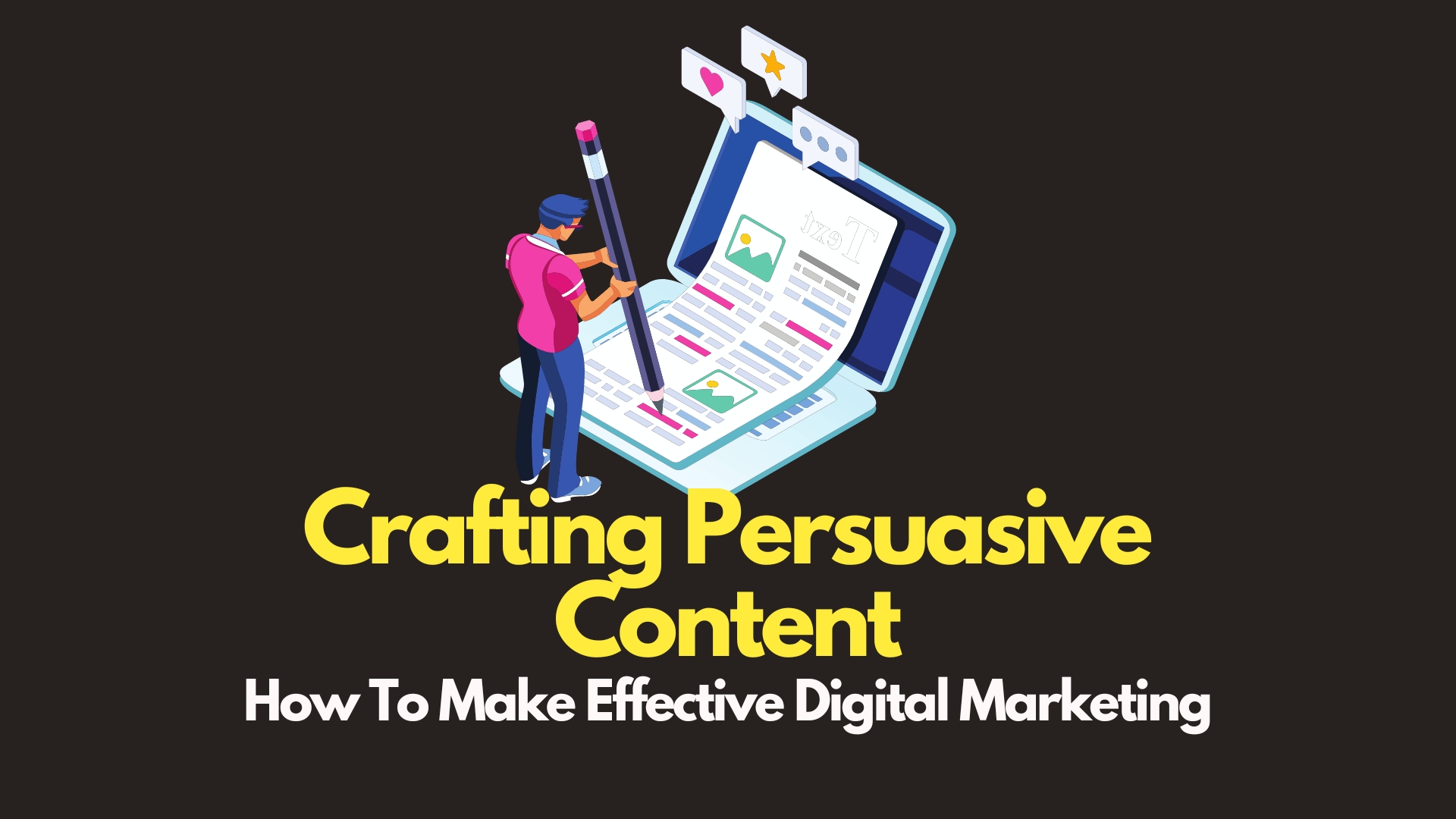Published
- 3 min read
Crafting Persuasive Content: A Psychological Approach

| Key Takeaways | Description |
|---|---|
| Understand Your Audience | Dive into the psychological traits and preferences of your audience to tailor content to their needs. |
| Leverage Persuasive Techniques | Use persuasive linguistic tricks and tailored messaging to influence behavior positively. |
| Focus on Narrative | Employ narrative theory to tell compelling stories that overcome information overload. |
| Personalize Content | Adapt content to individual characteristics for enhanced persuasion. |
| Utilize Psychological Frameworks | Apply social psychology theories to design content that encourages positive change. |
Understanding the Psychology of Your Audience
To create content that resonates with your audience, you must first understand their psychological profile. This involves recognizing their needs, desires, and pain points. For instance, articles discussing the impact of social media on teen shopping trends can be tailored to address the unique behaviors and motivations of this demographic.
The Art of Persuasion in Content Creation
Persuasion is a delicate art that, when done ethically, can benefit both the company and the client. Employing a tripartite model of persuasion, which considers the source, message, and audience, can significantly alter reader behavior. Content that is psychologically tailored, such as matching persuasive appeals to individuals’ psychological characteristics, can lead to increased engagement and conversions. For example, understanding the psychology of discounts can help craft offers that are more likely to be acted upon.
Crafting a Compelling Narrative
In the face of online information overload, a well-crafted narrative can capture and retain the attention of your audience. By weaving stories that are relatable and emotionally engaging, you can make your content stand out. Articles like celebrity endorsements impact can benefit from narrative elements that highlight personal experiences with products or services.
Personalization: The Key to Connection
Personalized content, which takes into account the individual traits and preferences of your audience, can significantly boost the persuasive power of your message. For instance, exploring the consumer behavior subscription models allows for content that resonates with those who value convenience and personalization.
Applying Psychological Frameworks in Content Design
Utilizing psychological frameworks, such as social psychology theories, can inform the design of persuasive technologies and content. This approach can help in developing content that encourages positive behavioral changes in users. A deep dive into the psychology behind consumer loyalty and retention can provide insights into creating content that fosters long-term customer relationships.
Conclusion
By integrating these psychological insights into your content creation process, you can craft messages that not only inform and entertain but also resonate on a deeper level with your audience. Remember, the ultimate goal is to create valuable content that aligns with the psychological needs and behaviors of your readers, leading to a more profound and impactful engagement.